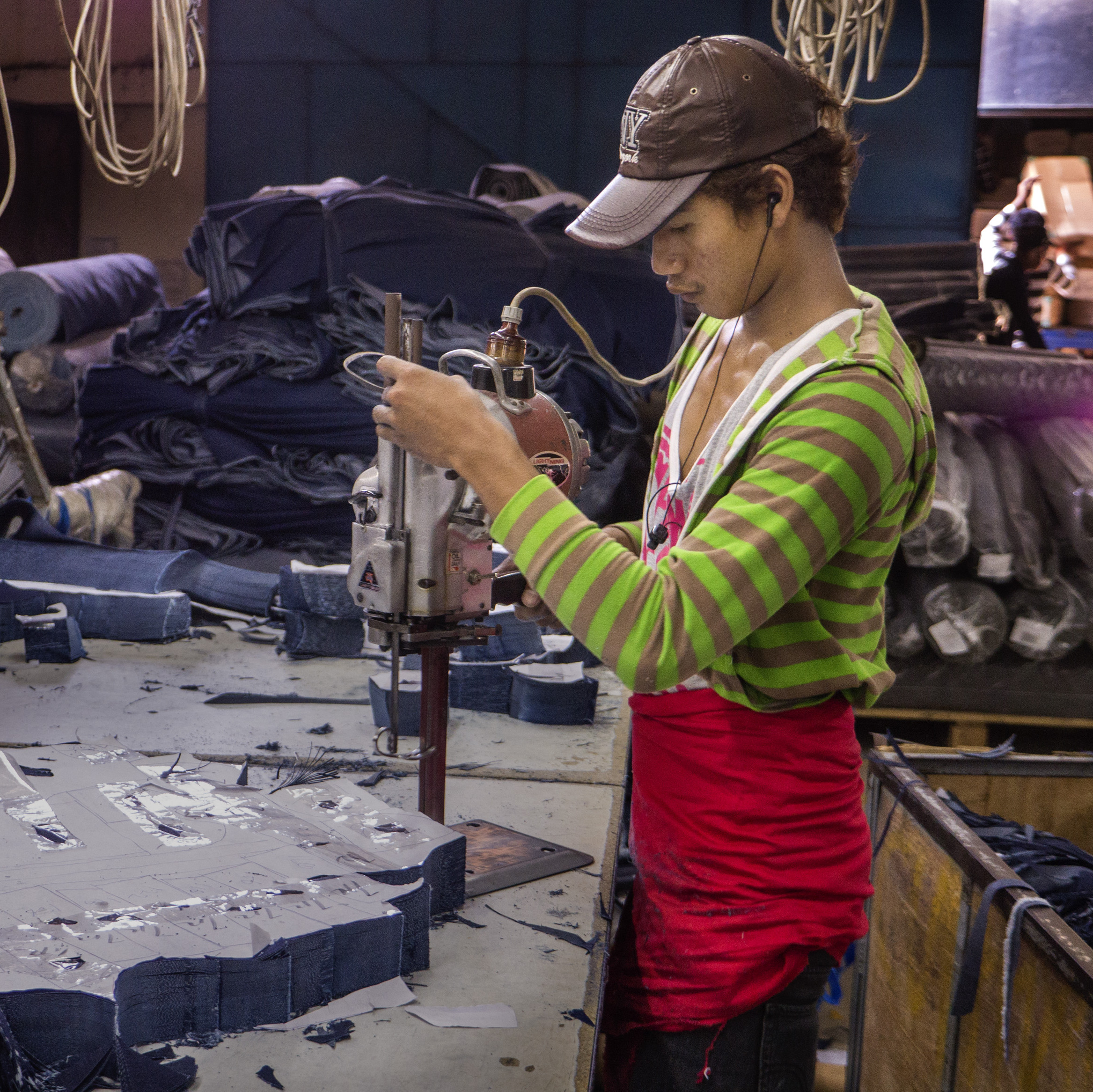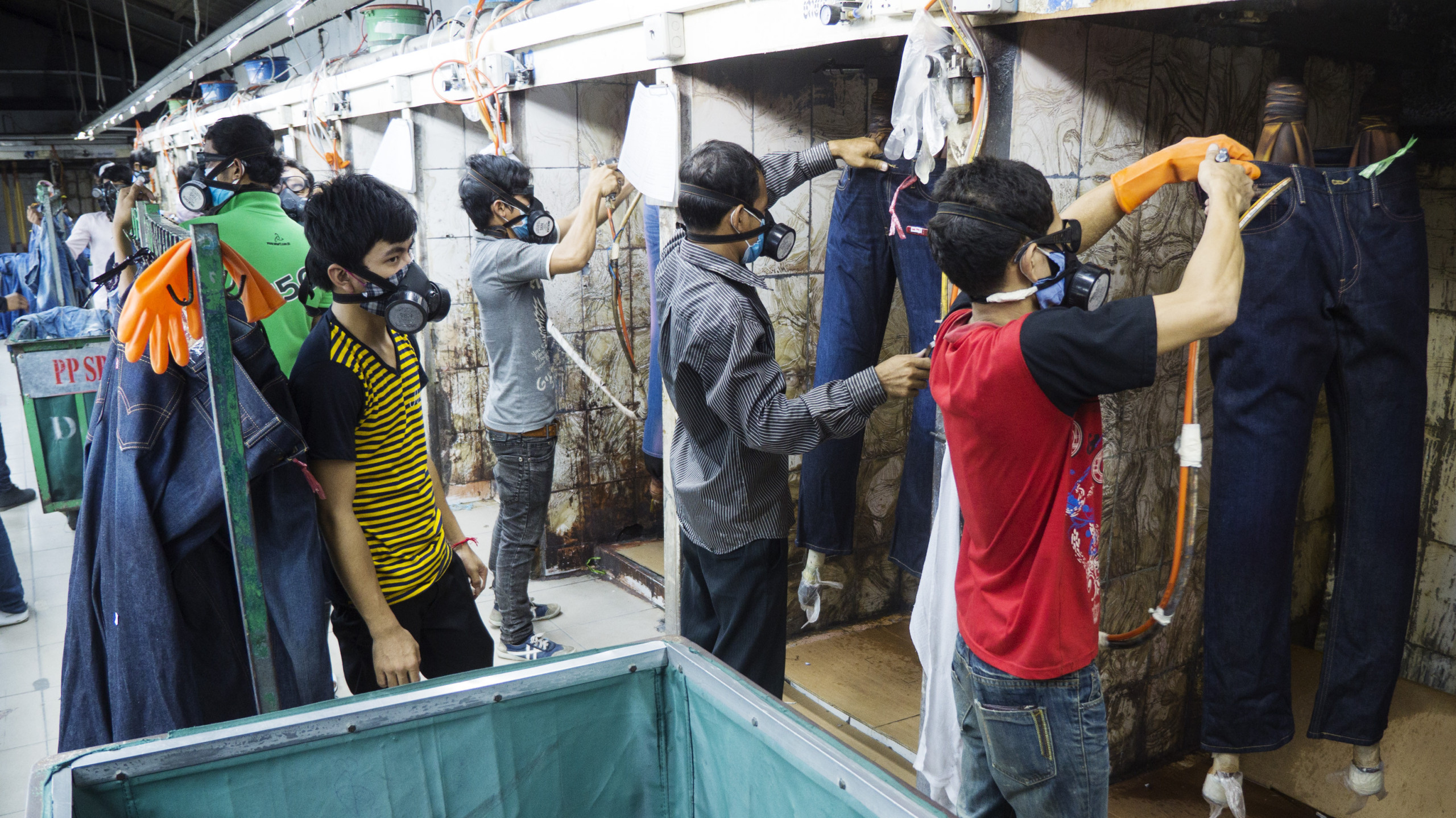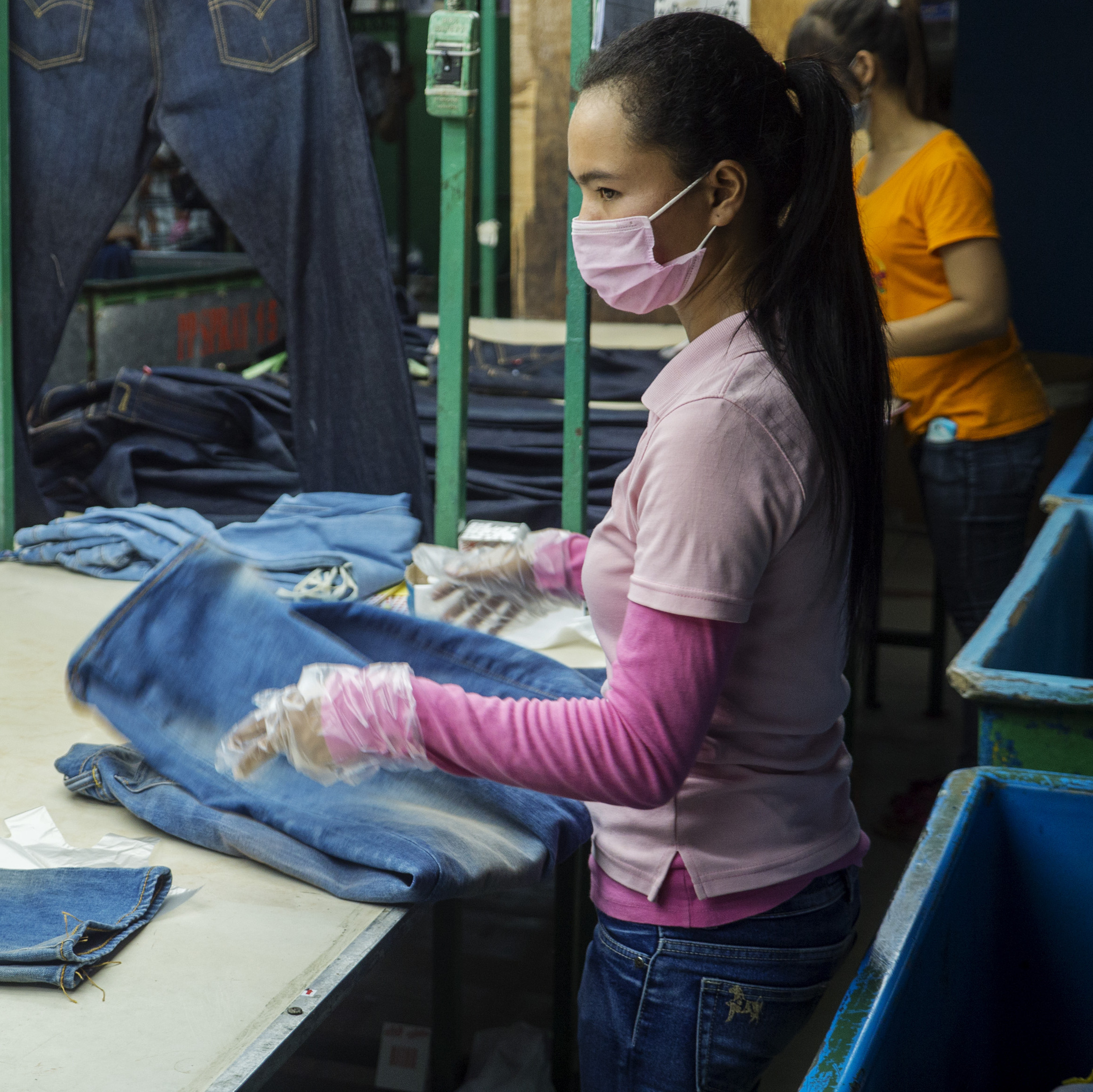Empowering Trade Unions in Human Rights and Environmental Due Diligence (HREDD)
As global companies face increasing pressure to stop, prevent and mitigate their negative impacts on people and the planet in international value chains, the role of trade unions is becoming more relevant every day.
Since the United Nations Guiding Principles on Business and Human Rights were endorsed in 2011—and incorporated in the OECD Guidelines for Multinational Enterprises in 2023—businesses worldwide are now expected to perform due diligence in protecting human rights, including labour and environmental rights, across their entire value chain.
Currently, more and more governments are introducing legislation that incorporates these guidelines, compelling companies to do Human Rights and Environmental Due Diligence (HREDD).
This offers trade unions a unique opportunity to claim their role as key stakeholders in these HREDD processes. It is vital for unions and other parties to recognize how crucial unions are as rights-holders in these discussions. However, for trade unions to play an effective role, they must have a thorough understanding of the due diligence process.
HREDD Toolkit for trade unions
That's why CNV Internationaal, with the support of GIZ / FABRIC Cambodia, developed a toolkit to help trade unions navigate HREDD and fully grasp their potential role in each step of the due diligence process, empowering them to safeguard rights and promote corporate accountability.
For quick access
Tailored training packages for varied needs
The HREDD Training Toolkit for Trade Unions is designed with three distinct training packages to meet various needs. These packages recognize the different levels of involvement that trade union members may have in HREDD processes. For example, while trade union leaders might require a comprehensive and in-depth understanding of HREDD and the union's role within it, other members may only need to focus on how HREDD applies to their day-to-day work.
To help you choose the most suitable training package for yourself or your organization, check the breakdown of the objectives, target audience, and key features of each package below, and use the form below to download your package immediately.

Package 1
Intensive HREDD training
INCLUDES
1.1 Instructions
1.2 Training material
1.3 Optional handout material
1.4 Cambodian case example
1.5 Good practice example
1.6 Action plan template
Main objectives
- To give trade unions an in-depth understanding of HREDD (in line with the OECD Guidelines for Multinational Enterprises and the UNGPs).
- To give trade unions an in-depth understanding of the role that trade unions in producer countries can play in HREDD.
- To prepare trade unions to play an active trade union role in HREDD processes, including :
- identifying human rights and environmental risks,
- helping to develop strategies to mitigate these risks,
- helping to monitor the implementation of risk mitigation plans, and
- supporting the effective use of grievance mechanisms.
Who is it for?
- Trade union leaders/members who will take an active role within their union in supporting the implementation of HREDD and who will preferably be responsible for disseminating knowledge of HREDD within their union to other members.
Other details
- Training is designed for 10-25 people
- Aavailability of the whole group for 2.5 days (or the equivalent of 2.5 hours per module) is required.

Package 2
National level workshop
INCLUDES
2.1 Instructions
2.2 Training material
2.3 Optional handout material
2.4 Cambodian case example
Main objectives
- To give trade union leaders a basic understanding of HREDD (in line with the OECD Guidelines for Multinational Enterprises and the UNGPs).
- To give trade union leaders a basic understanding of legislative developments on HREDD
- To give trade union leaders a basic understanding of how HREDD can provide opportunities for trade union work.
Who is it for?
- Trade union leaders from national confederations or federations who will support the implementation of HREDD at a higher level, for example by engaging in meaningful stakeholder dialogue.
- The workshop would also be suitable for a tripartite setting, including other stakeholders such as employers/business associations, government actors and/or brand representatives.
Other details
- Training is designed for 10-25 people
- Availability of the entire group for a minimum of 3,5 hours is required

Package 3
Local level workshop
INCLUDES
3.1 Instructions
3.2 Training material
3.3 Optional handout material
3.4 Cambodian case example
3.5 Action plan template
Main objectives
- To prepare local trade unions to participate meaningfully in the HREDD process as a way of securing decent working conditions and a living wage for workers.
- To be able to use and share this knowledge with union members/non-union members/workers when engaging with them on workers' issues.
Who is it for?
- Trade union leaders/members in factories (exporting to the EU) who will support the implementation of HREDD at local level, for example by providing input on workplace issues or monitoring the implementation of HREDD policies in the workplace.
Other details
- Training designed for 10-25 people
- The whole group must be available for a minimum of 4 hours.
Contact
For any questions regarding this HREDD toolkit, don't hesitate to contact Margot Offerijns, Programme Officer Asia at CNV Internationaal: m.offerijns@cnv.nl

